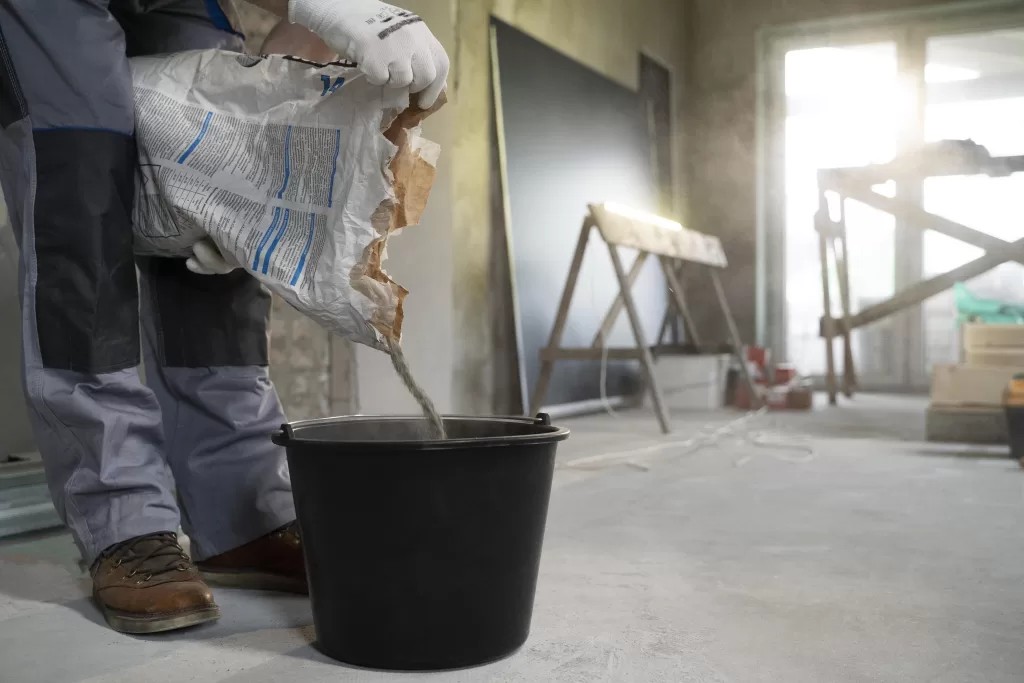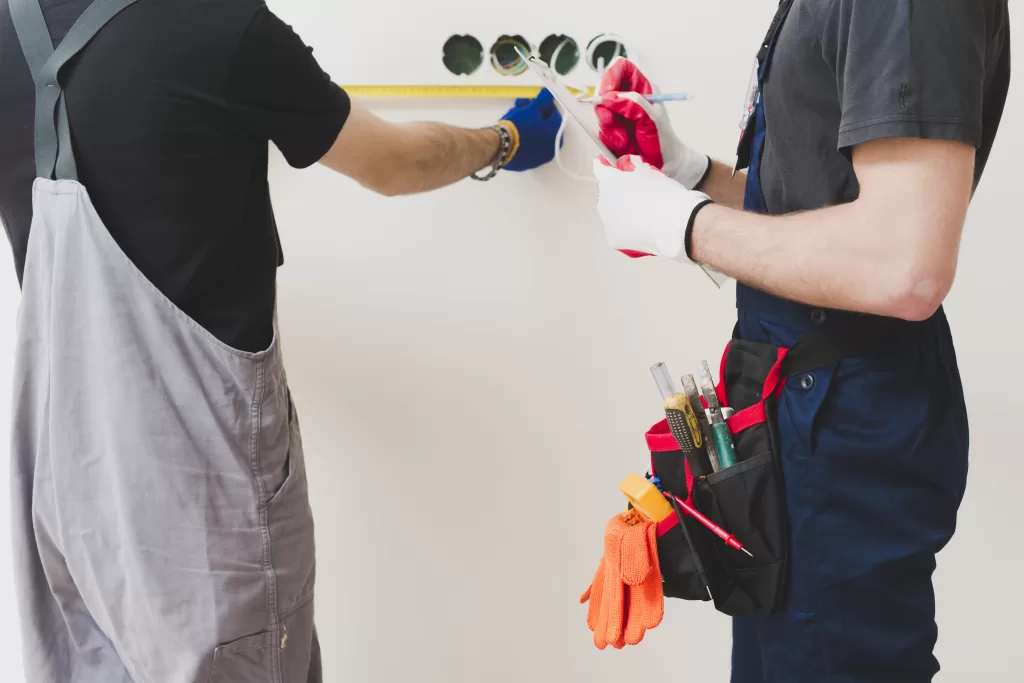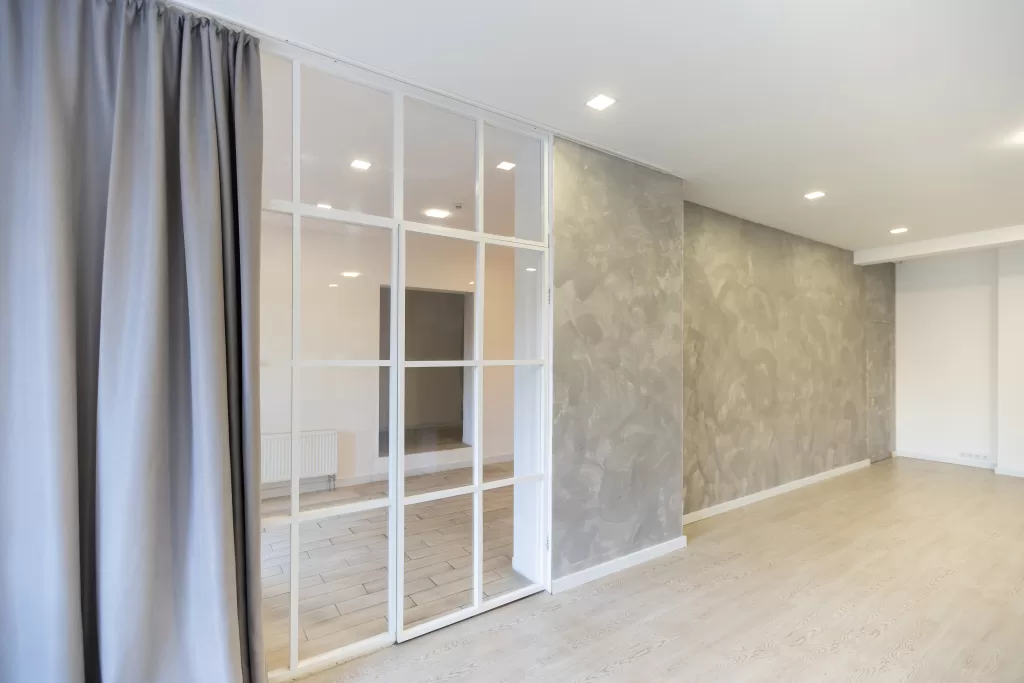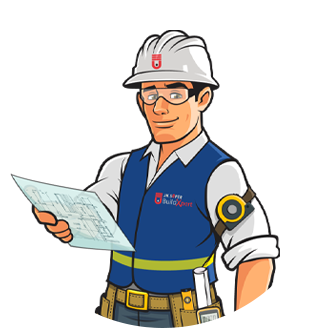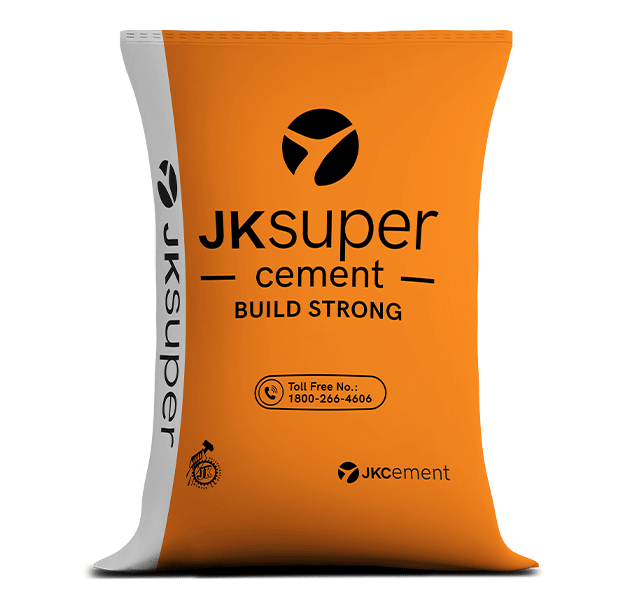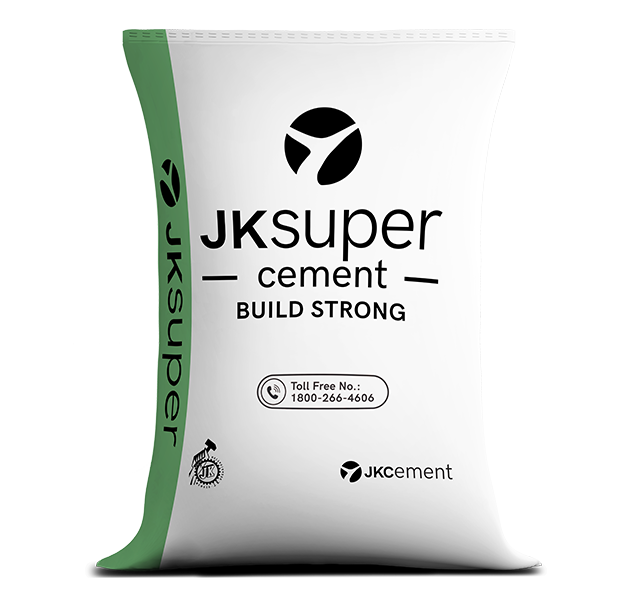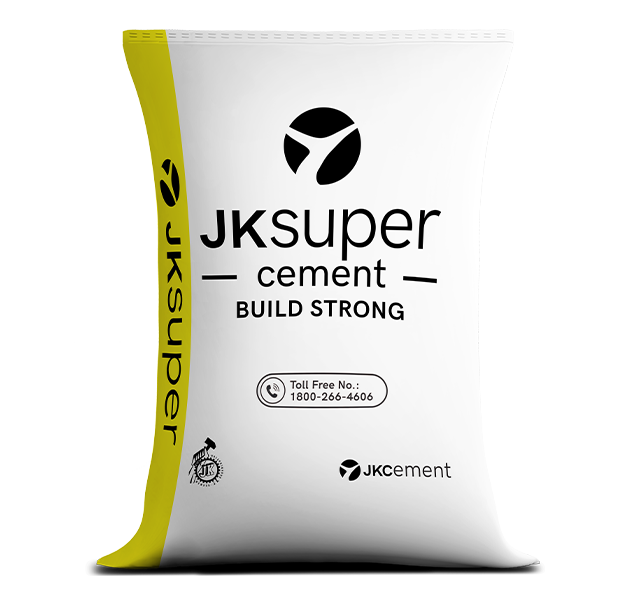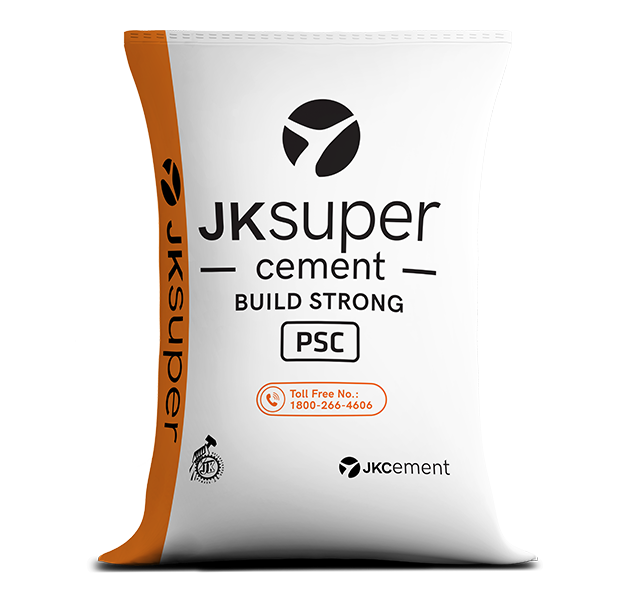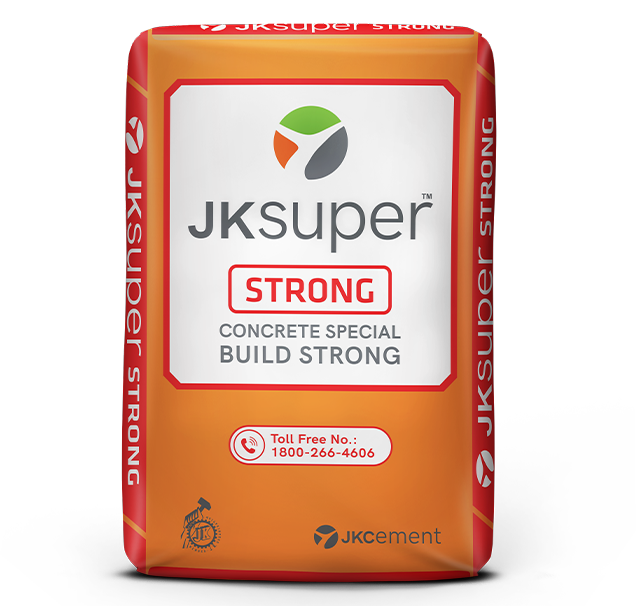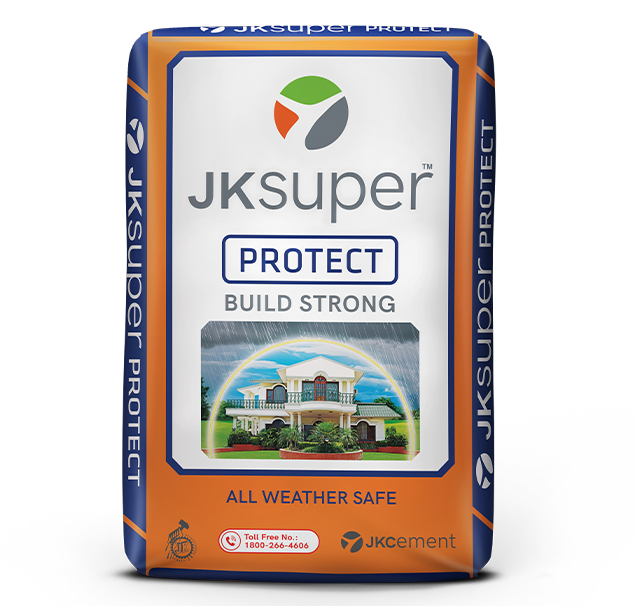Portland cement is a fundamental building material. Two popular variations within this category are Portland Pozzolana Cement (PPC) and Portland Slag Cement (PSC). Both types have distinct characteristics and applications, influencing their suitability for different construction projects. Continue reading to understand the difference between PPC and PSC and make an informed decision.
Portland Pozzolana Cement (PPC)
Portland Pozzolana Cement, or PPC, is a type of hydraulic cement. It is a blend of Portland clinker and pozzolanic materials, like fly ash. The pozzolanic reaction between fly ash and calcium hydroxide in the presence of water creates additional binding compounds, which further contribute to the strength of the cement.
Here are some other notable advantages of PPC:
- Better workability
- Less heat of hydration (The heat generated when water and Portland cement react)
- Improved durability
- Resistant to sulphide and chloride attacks
- Sustainable alternative within the realm of Portland cement varieties
Applications of PPC
Due to its versatility and compatibility with various construction applications, PPC is widely used in infrastructure projects. The following are some of the most notable ones:
- Marine structures
- Residential buildings
- Plastering
- Commercial constructions
- Masonry work
- Construction of sewage pipes and dams
Portland Slag Cement (PSC)
PSC is also a type of hydraulic cement. It is a combination of blast furnace slag, a by-product of the iron and steel industry, and Portland clinker. This blend results in a cement with distinct properties that contribute to its vast use in construction.
Here’s a list of some of the advantages of PSC cement:
- Better resistance to alkali-silica reaction (A swelling reaction that occurs over time in concrete between alkali oxides and silica)
- Less prone to cracking
- Superior finish, offers a better surface for painting
- Compatible with all types of admixtures
- Resistant to chloride and sulphate attacks
Applications of PSC
The unique chemical composition of slag makes PSC cement a preferred choice for applications like:
- Concrete roads and flyovers
- Marine structures
- Pile construction work
- Residential, commercial & industrial buildings
- Water retaining structures
Difference Between PPC vs PSC in Cement
Here are the key differences between PPC and PSC:
Composition:
PPC cement is made by intergrinding a mixture of pozzolanic materials, such as fly ash or volcanic ash, with Portland clinker. PSC cement is produced by blending granulated blast furnace slag with clinker obtained from cement kilns.
Strength development:
PPC cement achieves its ultimate strength at a later stage, which is why it is a preferred choice for long-term structural applications.
Durability:
PPC is known for its high durability and resistance to aggressive environments. This is why it is often used to construct structures exposed to harsh conditions. PSC cement offers excellent resistance to sulphate and chloride attacks. This is why it is generally used to construct marine and coastal constructions for durability.
Physical properties:
Using the air permeability method, PPC should have a fineness not less than 300 m2/kg. While the fineness of PSC should not be less than 225 m2/kg. Fineness refers to the size of cement particles.
Discover a diverse selection of house construction cement with JK Cement and turn your dreams of having the perfect home into reality.
FAQs
How are PPC and PSC cement produced?
While PPC is produced by intergrinding pozzolanic materials with Portland clinker, PSC is produced by blending blast furnace slag with Portland clinker. Portland clinker is produced by heating a mixture of lime and silica at extremely high temperatures. The mixture also contains smaller proportions of iron oxide and alumina.
Which is better PPC or PSC?
The choice between PPC vs PSC when choosing a cement depends on specific project requirements. PPC offers slow strength development and durability. On the other hand, PSC provides early strength and good resistance. Both types of cement cater to diverse construction needs.
Which cement is better for long-term strength?
PPC cement is often preferred for long-term strength and durability due to its slower rate of early strength development.
Is PSC cement good for constructing roofs?
Yes, PSC cement is suitable for constructing roofs. It provides early strength and good resistance to environmental factors.
Does the choice between PPC and PSC depend on specific project needs?
Yes, the decision depends on project requirements. For example, PPC is often chosen for its durability, while PSC is preferred for applications where early strength development is essential.

